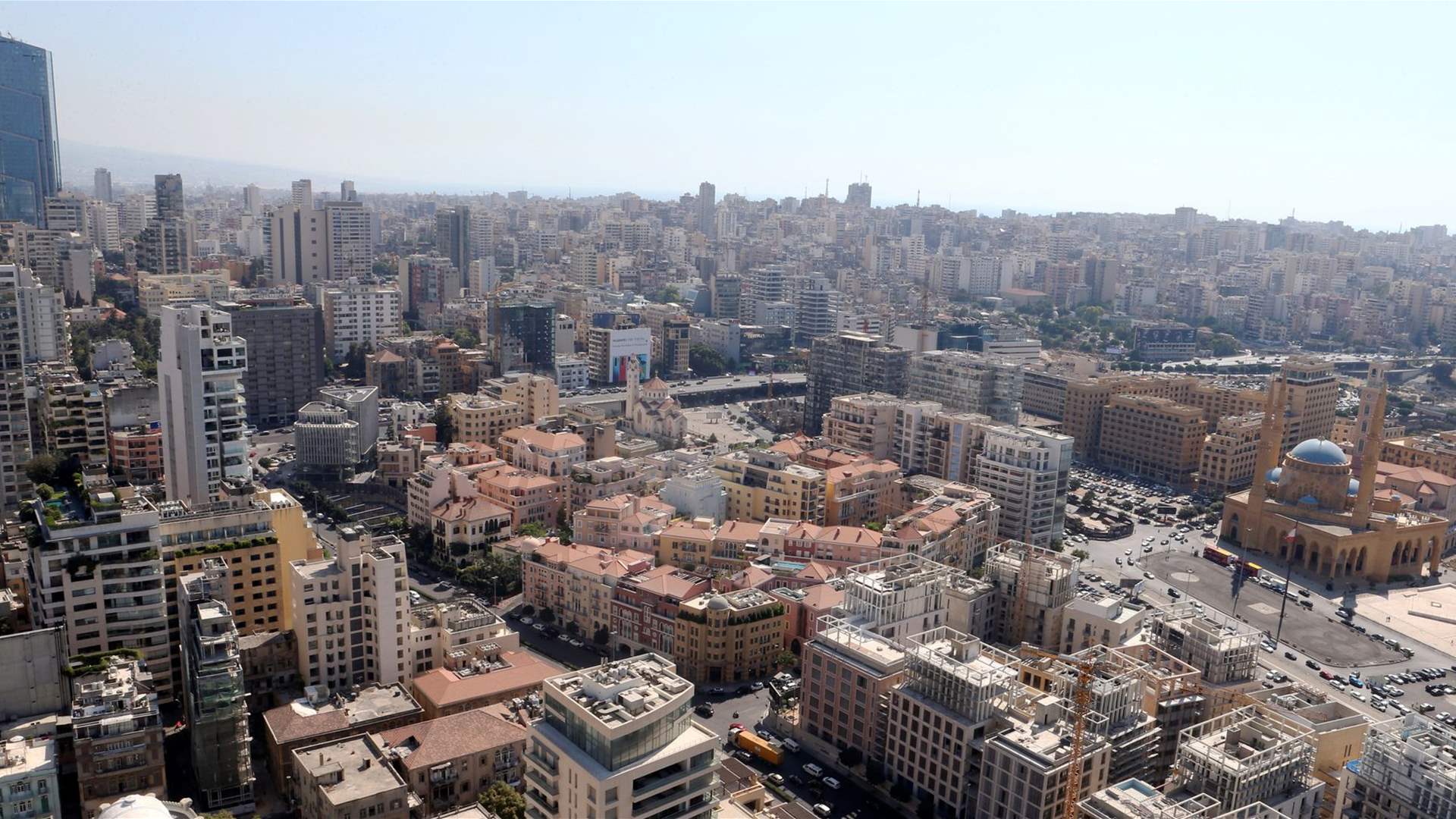News Bulletin Reports
2023-02-26 |

Lebanon is at the intersection of two roads; the first and second are possible, according to the latest study prepared by Garbis Iradian, chief economist for the Middle East and Northern Africa (MENA) region at the Institute of International Finance in Washington.
In light of the country's political stalemate, the lack of reforms, and the absence of an agreement with the International Monetary Fund, Lebanon will be classified as a "failed state," similar to Somalia.
No new projects, investments, or financial inflows will be made. The economy will continue to shrink rather than expand.
Additionally, according to the study, the size of the economy is expected to decline from about $18 billion in 2022 to $13 billion in 2023, almost a third of what it was in 2019.
However, an optimistic scenario can still happen.
Support for the country will begin if a president is elected and a capable reformist government is formed that carries out the IMF requirements.
What would the results be?
The economy will regain confidence, new projects and investments will be launched, and foreign currency will enter the country through an IMF loan or the international community.
Accordingly, the economy will grow to $24.1 billion this year, reaching levels close to before the crisis (about $50 billion by 2025).
What about the fluctuating exchange rate?
In the pessimistic scenario, the chaos with the diversity of exchange rates will remain. And the exchange rate of the US dollar in the black market will hit a record high reaching more than 110,000 Lebanese pounds by the end of this year, accompanied by a new wave of inflation.
Moreover, the reserves of Bank du Liban will drop to around $6 billion due to the country's ongoing lack of USD.
While in the optimistic scenario, the currency rate in the black market will improve to reach LBP 40,000 or less by the end of 2023. At the same time, BDL reserves will also increase.
In addition, due to reforms and investments, the Lebanese will witness a significant improvement in public services, including power, water, infrastructure, transportation, and others.
Consequently, a large number of Lebanese expatriates will think about returning.
Yet, the decision today remains in the hands of the officials.
No comments:
Post a Comment